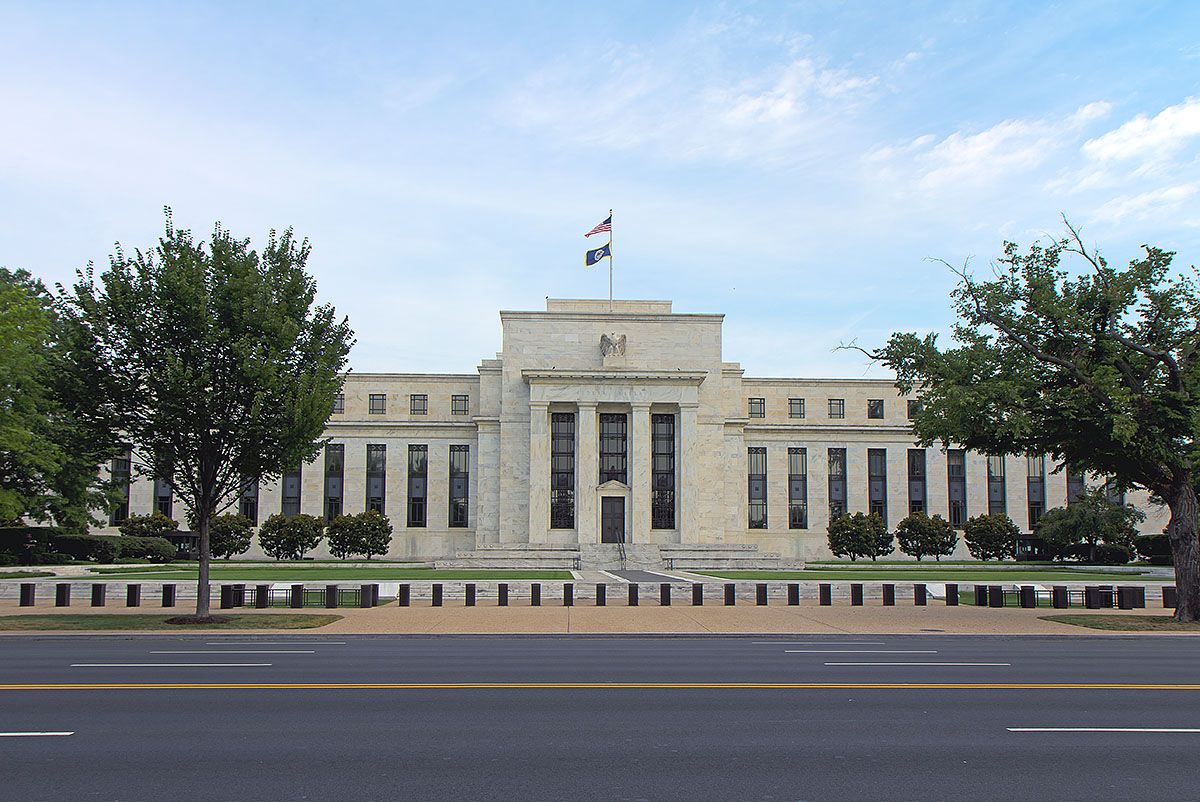
Washington, D.C., a city at the heart of American governance, finds itself at the epicenter of a renewed debate over its autonomy, following former President Donald J. Trump’s escalated threats of a federal takeover. These pronouncements come amidst rising concerns over crime rates and were significantly amplified by a recent violent assault on an individual identified as a member of the Department of Government Efficiency (DOGE).
President Trump has declared the city’s crime situation to be “totally out of control,” citing the recent beating of a DOGE member as stark evidence of the pervasive lawlessness. This incident, he asserted, underscores the urgent need for direct federal intervention to restore order and safety in the nation’s capital.
The specific event that fueled this renewed rhetoric involved Edward Coristine, known by the nickname “Big Balls,” who was identified as an original DOGE staffer. According to a post by Elon Musk on X, a DOGE team member intervened to defend a woman being assaulted by a gang of young men, only to be “severely beaten to the point of concussion,” ultimately saving the woman.
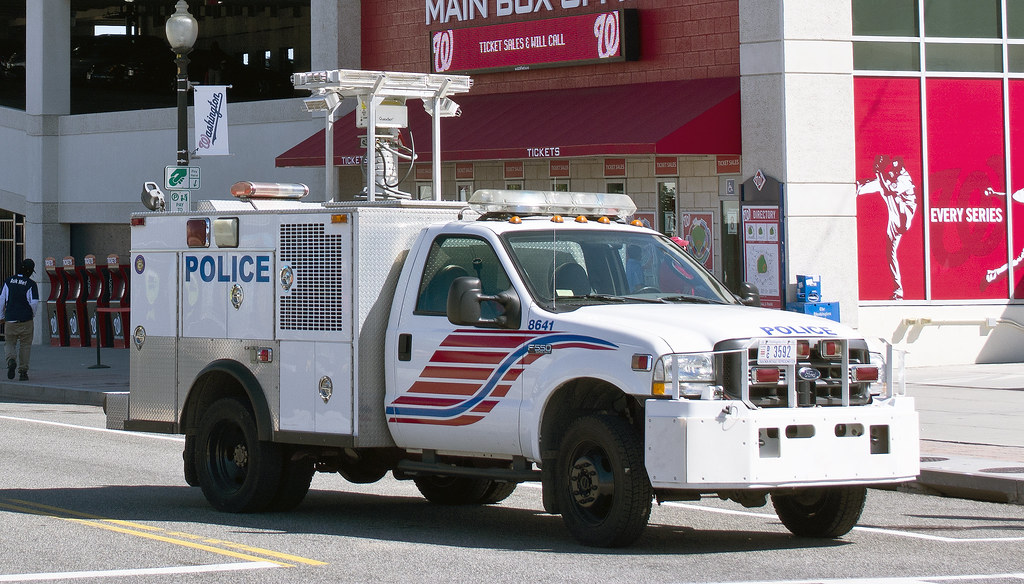
The Metropolitan Police Department (MPD) incident report obtained by CNN affiliate WUSA and The Post detailed the assault on Coristine. It stated that suspects approached Coristine and another individual standing next to a car in the 1400 block of Swann Street NW around 3 a.m. on a Sunday. The suspects demanded the car, then assaulted Coristine.
The report further recounted that officers, arriving on the scene, observed a group of approximately 10 juveniles surrounding Coristine’s vehicle and assaulting him. Upon the arrival of the MPD cruiser, the suspects fled the scene. Two of the suspects, a 15-year-old boy and a 15-year-old girl from Hyattsville, Maryland, were apprehended and subsequently charged with unarmed carjacking.
D.C. Fire and EMS personnel responded to the incident, providing treatment to the assault victim at the scene. This violent episode quickly became a focal point in the larger discourse surrounding public safety in Washington, D.C., drawing immediate attention from high-profile figures.
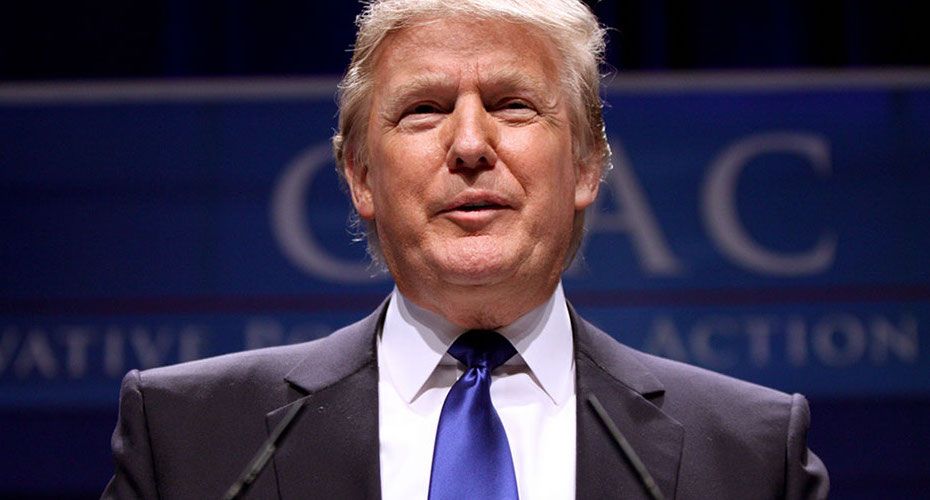
Following the incident, President Trump took to his Truth Social platform, sharing a photograph of what appeared to be a bloodied victim. He emphatically stated, “Crime in Washington, D.C., is totally out of control.” Trump elaborated on his concerns, asserting that “Local ‘youths’ and gang members, some only 14, 15, and 16 years old, are randomly attacking, mugging, maiming, and shooting innocent Citizens, at the same time knowing that they will be almost immediately released.”
In his statement, the former president advocated for a fundamental shift in the city’s legal approach to juvenile offenders. He insisted, “The Law in D.C. must be changed to prosecute these ‘minors’ as adults, and lock them up for a long time, starting at age 14.” This call for stricter penalties reflects a broader demand for increased accountability for young perpetrators of violent crime.
Trump’s ultimatum to D.C. officials was clear and stark. He warned, “If D.C. doesn’t get its act together, and quickly, we will have no choice but to take Federal control of the City, and run this City how it should be run, and put criminals on notice that they’re not going to get away with it anymore.” This declaration signals a firm intent to exert federal authority if local governance does not align with his vision for public safety.

He further articulated his aspiration for the capital, stating, “Washington, D.C., must be safe, clean, and beautiful for all Americans and, importantly, for the World to see.” Trump also mused on the timing of such intervention, suggesting, “Perhaps it should have been done a long time ago, then this incredible young man, and so many others, would not have had to go through the horrors of Violent Crime. If this continues, I am going to exert my powers and FEDERALIZE this City. MAKE AMERICA GREAT AGAIN!”
This is not the first instance of President Trump threatening federal oversight of Washington, D.C. During his presidential campaign, he made multiple such threats concerning the city’s home rule. In February, aboard Air Force One, he told reporters, “I think that we should run it strong, run it with law and order. Make it absolutely, flawlessly beautiful. And I think we should take over Washington, DC. Make it safe. People are getting killed. People are being hurt. You have a great police department there, but somehow, they’re not utilized properly.”
Earlier in March, President Trump signed an executive order establishing a “D.C. Safe and Beautiful Task Force.” This task force aimed to ensure federal participation in various city issues, including maximum enforcement of federal immigration laws and an increased presence of federal and local law enforcement in specific areas. The order’s mandate includes ensuring that “all applicable quality of life, nuisance, and public-safety laws are strictly enforced,” covering crimes such as assault, battery, larceny, graffiti, and public intoxication.
Elon Musk, a prominent figure who previously led DOGE, echoed Trump’s sentiments regarding the necessity of federal intervention. In a post on X, Musk directly stated, “It is time to federalize DC,” further amplifying the call for federal control over the city’s governance and law enforcement.
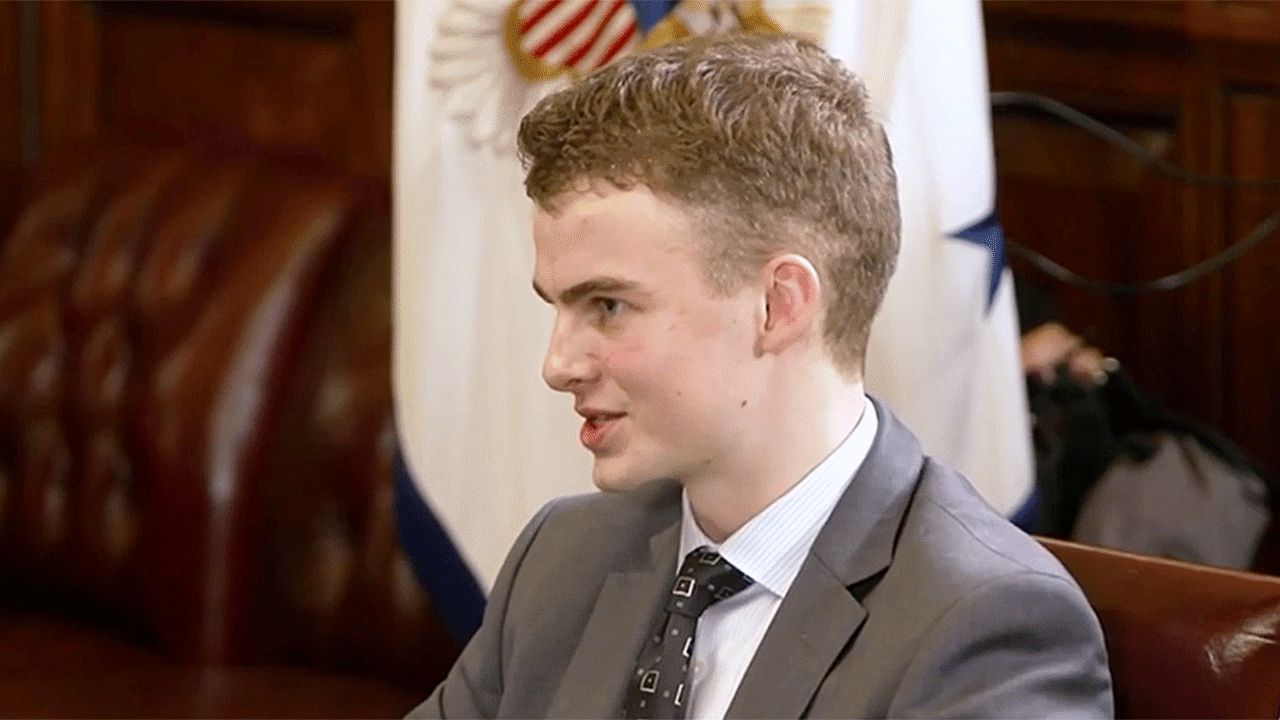
The incident involving Edward Coristine highlights the complex nature of his employment status, as it remains unclear whether he is currently a DOGE employee. The Social Security Administration announced in late June that it had hired Coristine as a special government employee. However, at the time, the government agency did not respond to inquiries about whether he was still reporting to DOGE, adding a layer of ambiguity to his official affiliation at the time of the assault.
Beyond this specific incident, the broader narrative presented suggests that Washington, D.C., has, “in recent years,” become akin to “many other Democrat-run cities across the United States—overrun with a low quality of life, rampant street crime, and an air of lawlessness, largely due to lax prosecution policies.” This assessment paints a grim picture of urban decay and systemic failures in governance.
The city has indeed been affected by a series of high-profile attacks. A Congressional intern was reportedly murdered just last month, and another House staffer was carjacked in May. There have also been incidents involving “takeovers of public areas” and an “attack on a Transit Authority policeman in April.” These incidents contribute to a perception among locals of feeling unsafe, both on the metro and on the streets, often wary of groups of teenagers known to threaten passersby and engage in criminal activity.
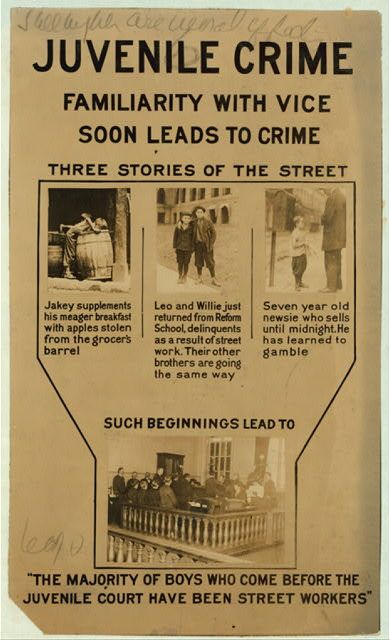
Particular concern has been raised regarding juvenile crime, with reports indicating a “surge of young people engaging in serious crime,” including “kids as young as nine and ten getting involved in carjackings.” The severity of this issue is underscored by statistics showing that Washington, D.C.’s juvenile arrest rate is “nearly double the national average,” averaging 2,235 such bookings per year between 2016 and 2022.
D.C. Attorney General Brian Schwalb addressed the issue, stating, “No one who lives, works, or visits D.C. should experience this; it is horrific and disturbing.” He added, “I cannot comment on specific cases, but know that when MPD brings us cases with sufficient evidence of juveniles who have broken the law and hurt people, we will prosecute them and ensure they face consequences for their actions.”
U.S. Attorney for D.C. Jeanine Pirro offered varying perspectives on the city’s crime trends. At a National Night Out event, she initially stated, “Crime is going down in D.C…. It’s going down in D.C. because of you. Because you, as parents, teach your kids respect, because of law enforcement who make sure that they follow cases until they’re solved, and because of our partners.”
However, Pirro later provided a clarification to her remarks, emphasizing a more nuanced view. She explained, “The two are totally different. Tonight was about celebrating successes when community and law enforcement work together. My message at National Night Out was to congratulate kids and parents. But crime is not down enough — ask any crime victim. Now we need to end the crime committed by those who are too young to prosecute. It’s time to stop coddling young criminals who assault and maim innocents. It’s time for this to end.”

Earlier, Pirro had met with President Trump, underscoring her commitment to his agenda on law enforcement. Following this meeting, she stated, “The president is very serious about making sure that as a prosecutor here that we not only fight crime with a vengeance, but make sure that there are consequences… Make sure that we protect the victims and we make the criminals accountable.” She also articulated her office’s mission: “Our job is to get guns off the street, drugs off the street, take care of those individuals who are threatening, carjacking other people, and make this city safe and clean again.”
Despite the prevailing concerns, D.C. police reports indicate some positive shifts in crime statistics. As of the Tuesday of the reporting, overall crime was reported down 7%, and violent crime was down 26% compared to the same date last year, offering a complex picture amidst the calls for federal intervention.
D.C. Mayor Muriel Bowser’s office declined to comment on President Trump’s remarks regarding federalization. Bowser, a leading figure in the Democratic resistance during Trump’s first term, has adopted a more cautious approach in his second term. This shift was exemplified in March when she announced the removal of the Black Lives Matter Plaza mural in Washington after Republicans in Congress threatened to withhold funding for the district, stating at the time, “We have bigger fish to fry,” in reference to looming financial and existential crises.
In an attempt to curb rising juvenile crime, Mayor Bowser has implemented an 11 p.m. curfew for individuals under 18, with some areas imposing restrictions as early as 7 p.m. This measure reflects local efforts to address the widespread concerns about youth involvement in criminal activities.
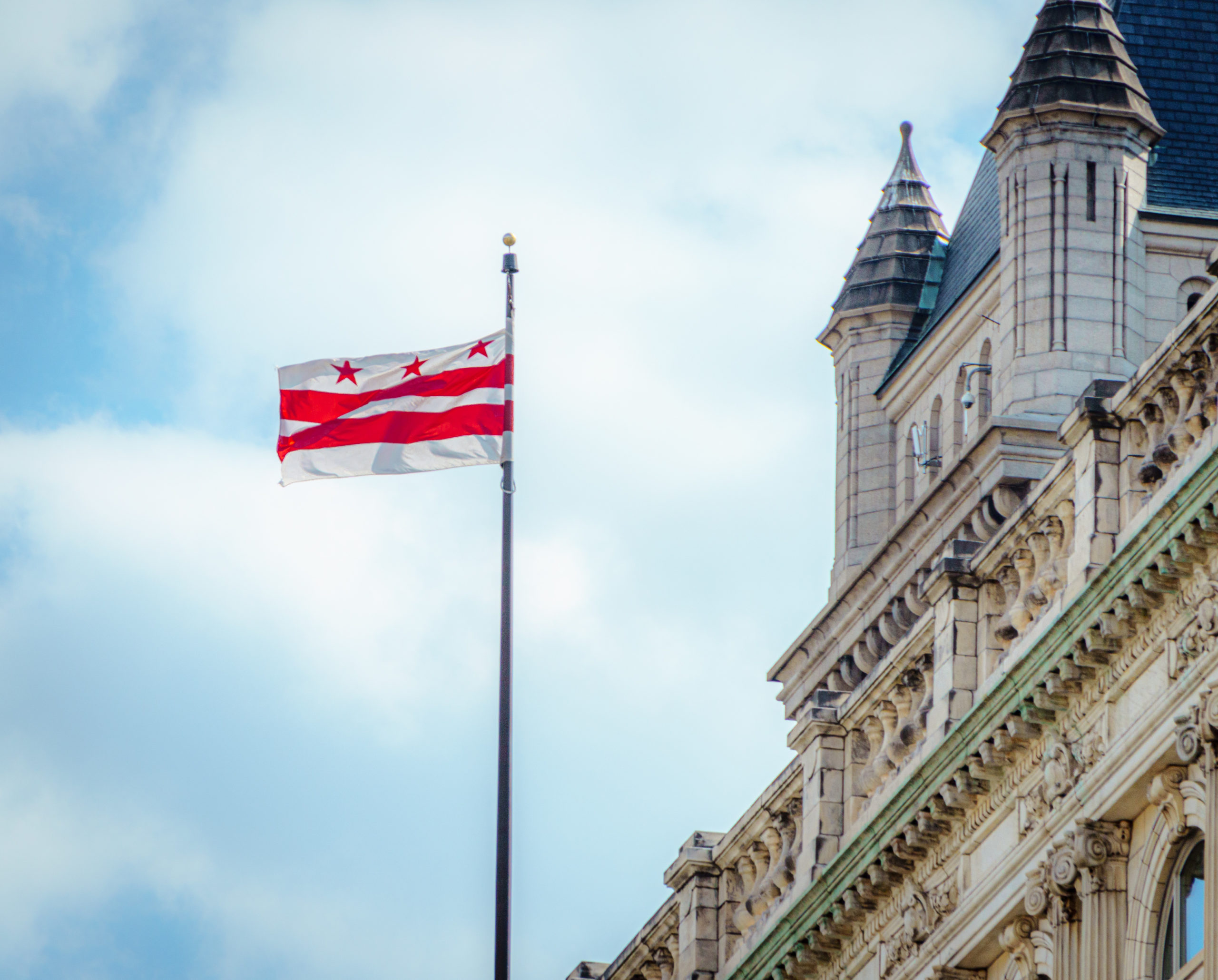
The discussion around federalizing D.C. directly challenges the city’s home rule, which was granted by the 1973 Home Rule Act, allowing residents to elect a mayor and city council. However, Congress retains significant authority over the District. This congressional oversight was notably demonstrated in 2023 when Congress passed, and then-President Joe Biden approved, a law blocking a revision to the D.C. criminal code that would have lowered maximum penalties for certain violent crimes, including carjacking and armed robbery.
Beyond the immediate crisis in D.C., the timing of President Trump’s strong stance on law and order is also framed within the context of the approaching 2024 election, now just 32 days away. Trump’s campaign is described as performing “better than ever, especially in the Midwest,” while Kamala Harris is noted as “not breaking away like she needs to regarding countering the underestimated Trump vote.”
The political landscape is further complicated by past election outcomes, with the observation that Joe Biden, despite being “ahead of Trump by several points in the waning weeks of the 2020 election,” still “just squeezed by,” winning Pennsylvania by a mere 80,000 votes. It is highlighted that Trump “only needed 46,000 votes to be re-elected in 2020,” suggesting that Harris, “only being ahead by two to three points isn’t enough” to secure a decisive victory.
The latest polling data, particularly CNN’s poll of polls, indicates a significant advantage for Trump, giving him a “near-70 percent chance of winning the 2024 election,” specifically cited as “68.4% to Kamala’s 30.9% to be exact.” Furthermore, a map presented by a CNN Senior Data Reporter projected 312 electoral votes for Donald Trump if the polls were to be off to the same degree they were in 2020, painting a concerning picture for the current administration.
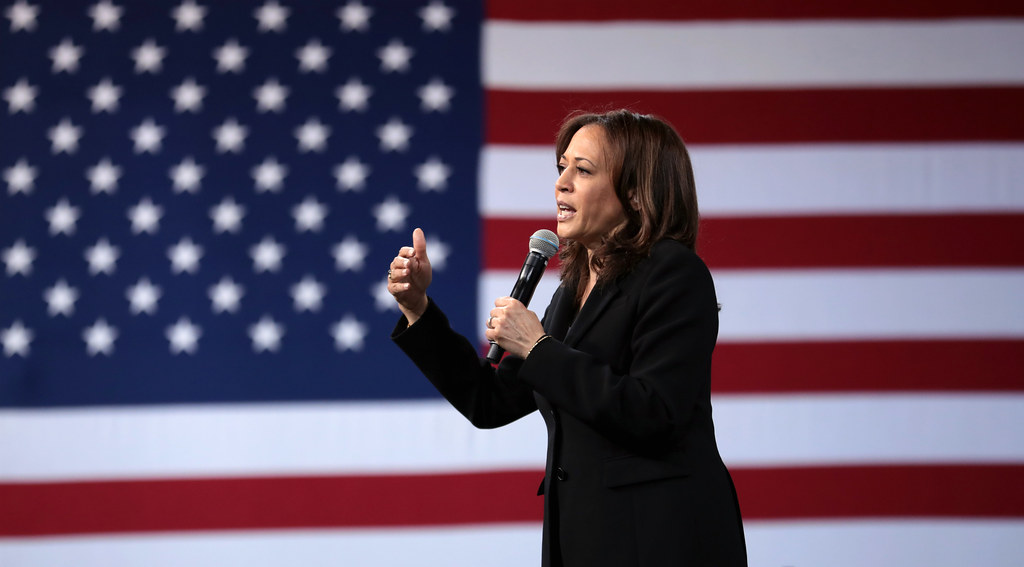
Kamala Harris’s performance among core Democratic voter groups has also drawn scrutiny, as she is described as “woefully underwater with union voters,” and “projected to be the worst performing Democrat in a generation.” Her underperformance “among black and Jewish voters, too,” is also noted, even if she is doing “better than Biden in some crosstabs,” which is tempered by the observation that “having a pulse isn’t a high benchmark.”
The debate surrounding D.C.’s crime and potential federal takeover thus weaves into the broader tapestry of the upcoming election, highlighting issues of public safety, urban governance, and the political strategies of the major candidates. The incident involving the DOGE member, regardless of its immediate impact on polling, has undeniably provided a sharp focal point for a long-standing political contention over the capital’s management.
As the nation approaches a critical electoral moment, the unfolding events in Washington, D.C., serve as a microcosm of the challenges facing American cities and the differing philosophies on how to address them. The calls for federal intervention, rooted in claims of rampant crime and ineffective local policies, underscore a profound disagreement on the path forward, leaving the question of D.C.’s future, and indeed, the nation’s, hanging in the balance, a matter of considerable public and political concern.



